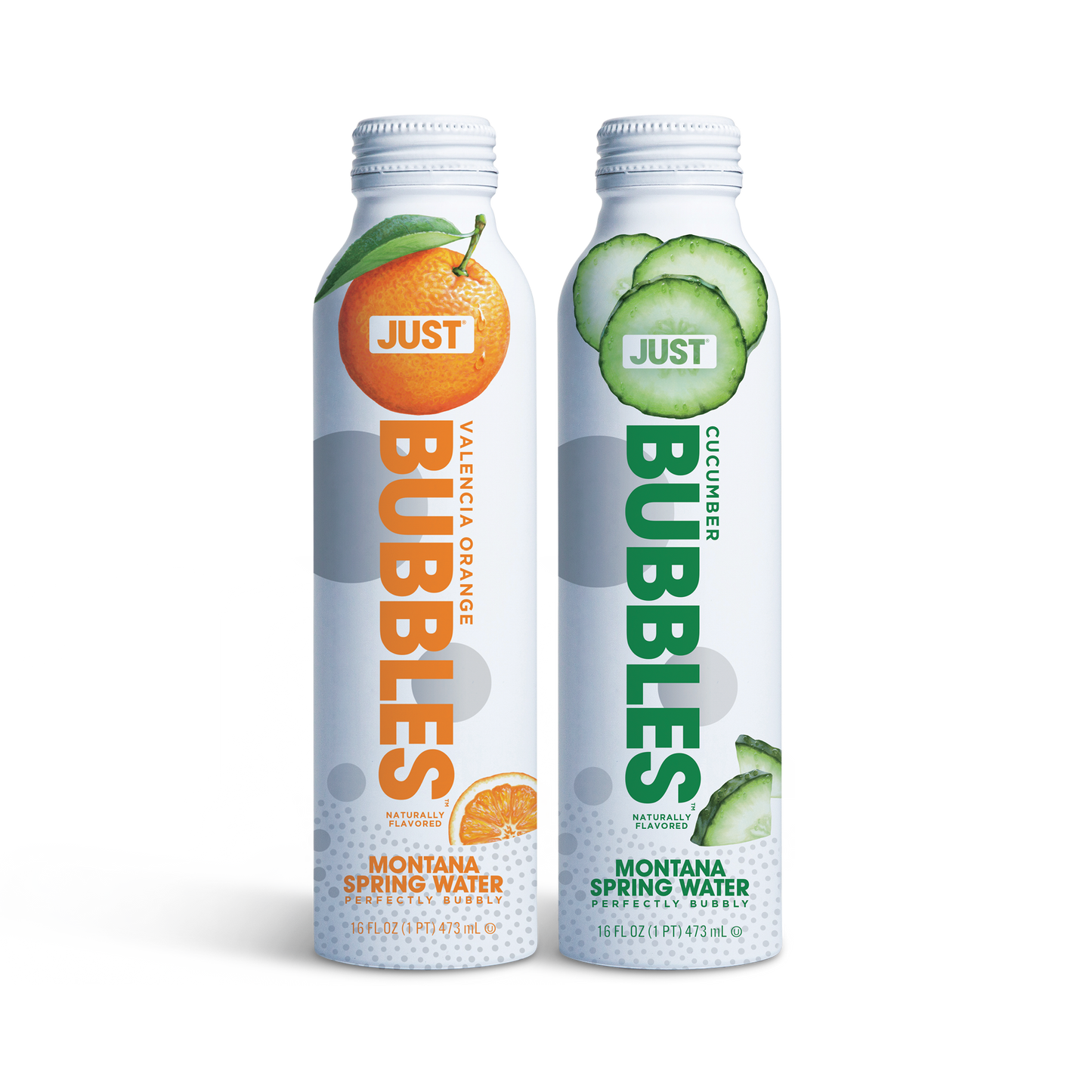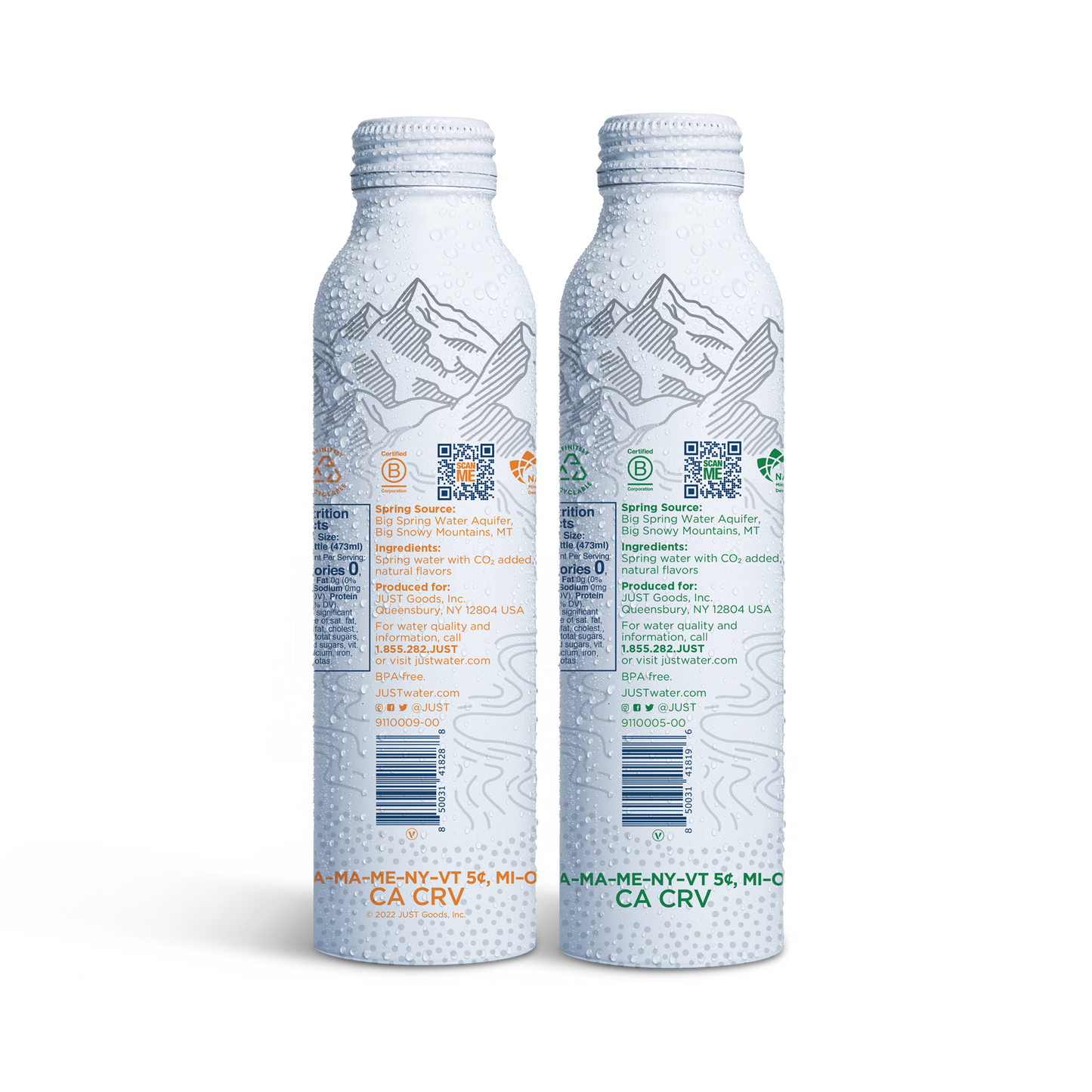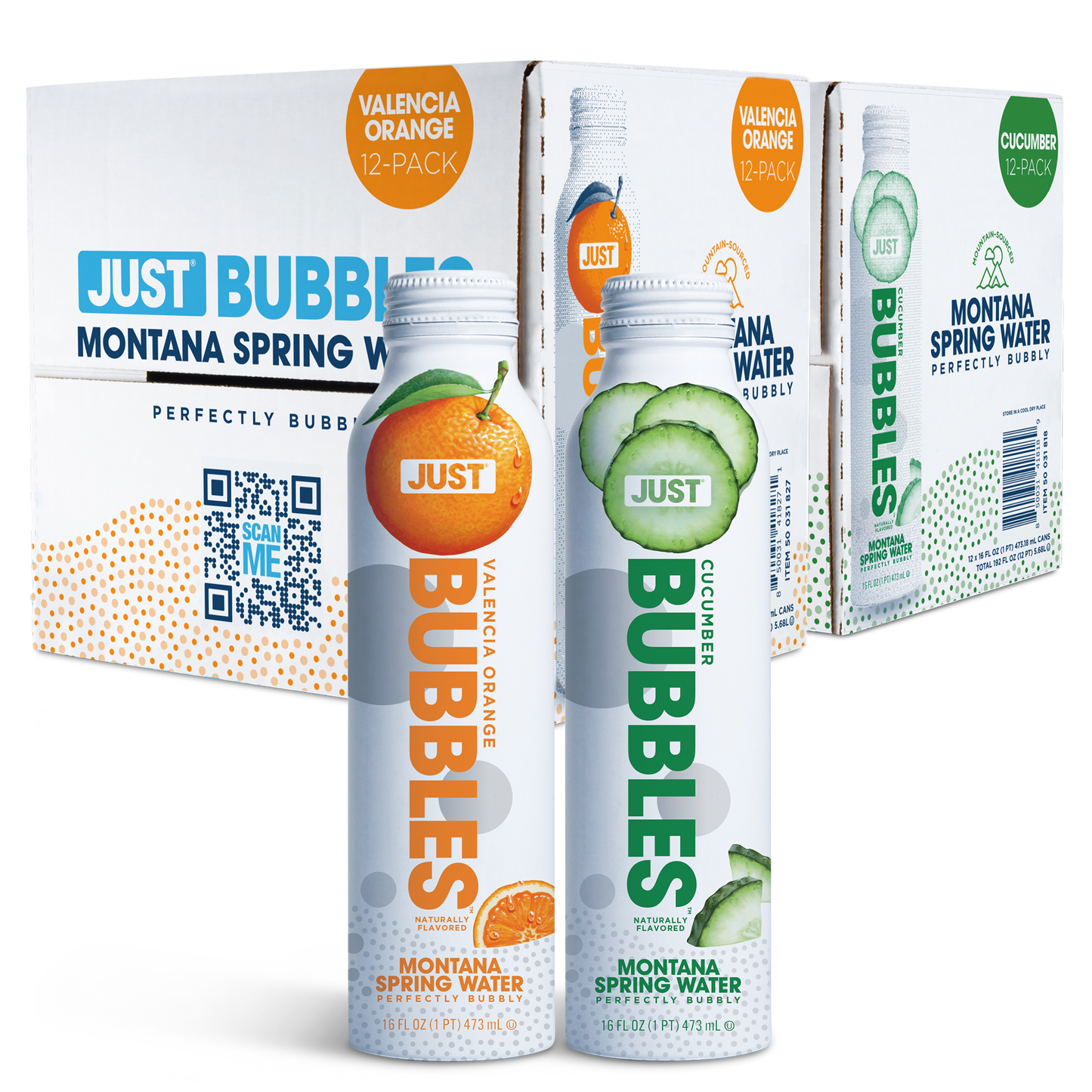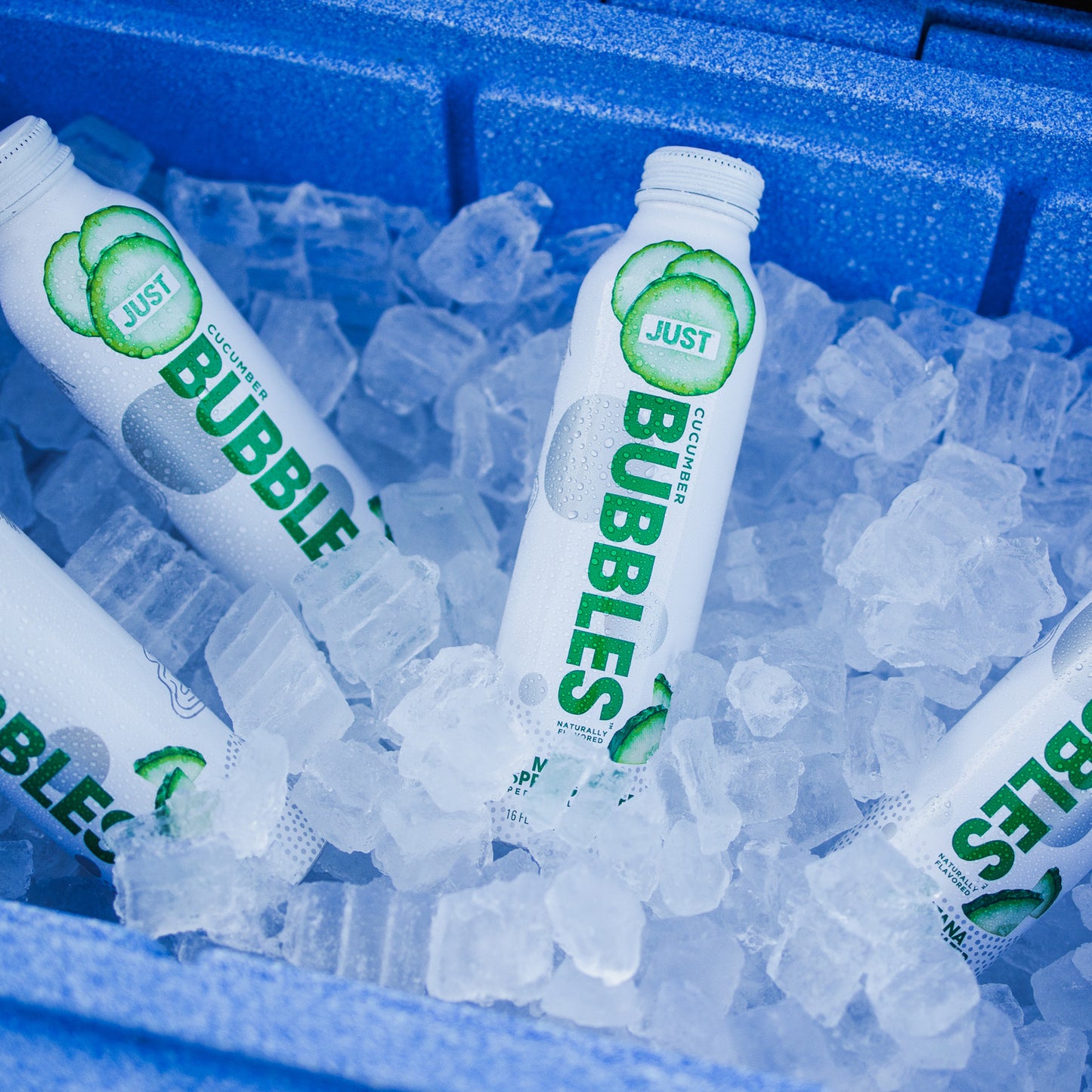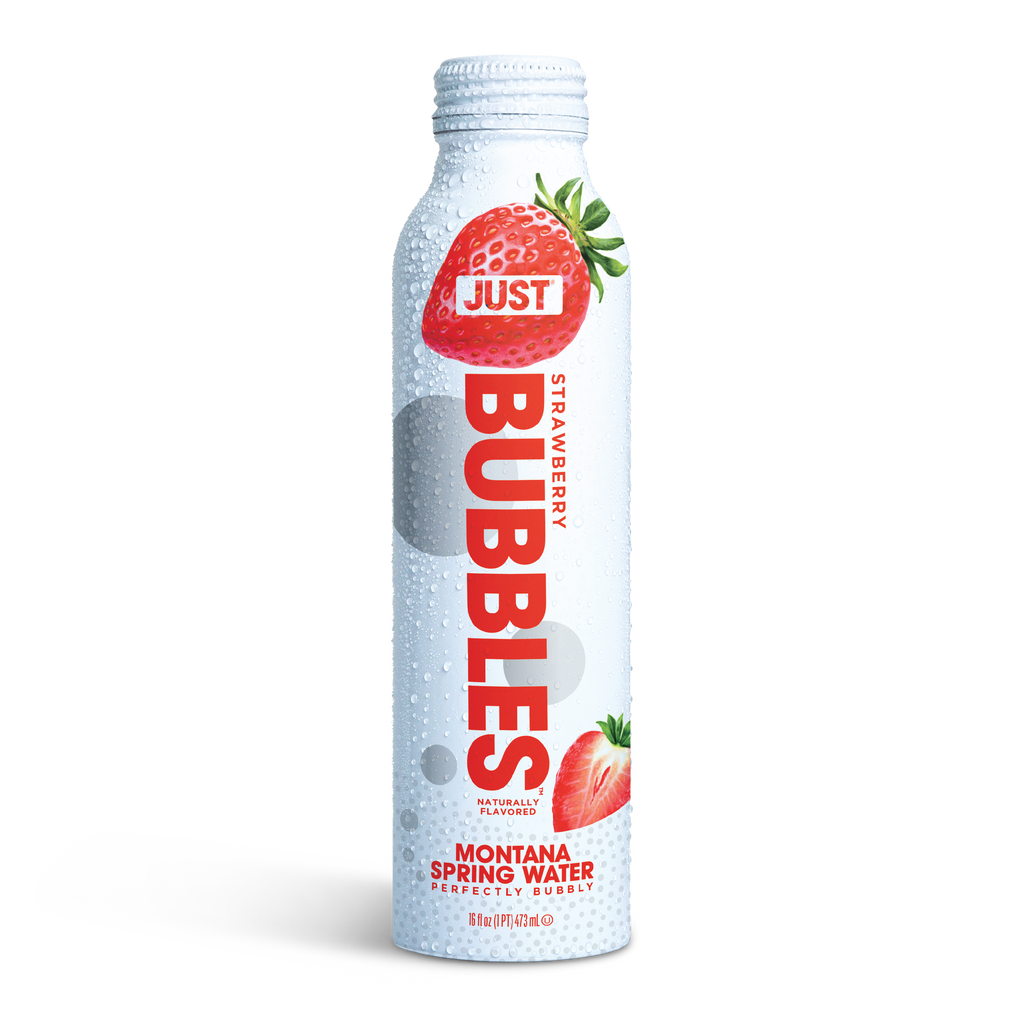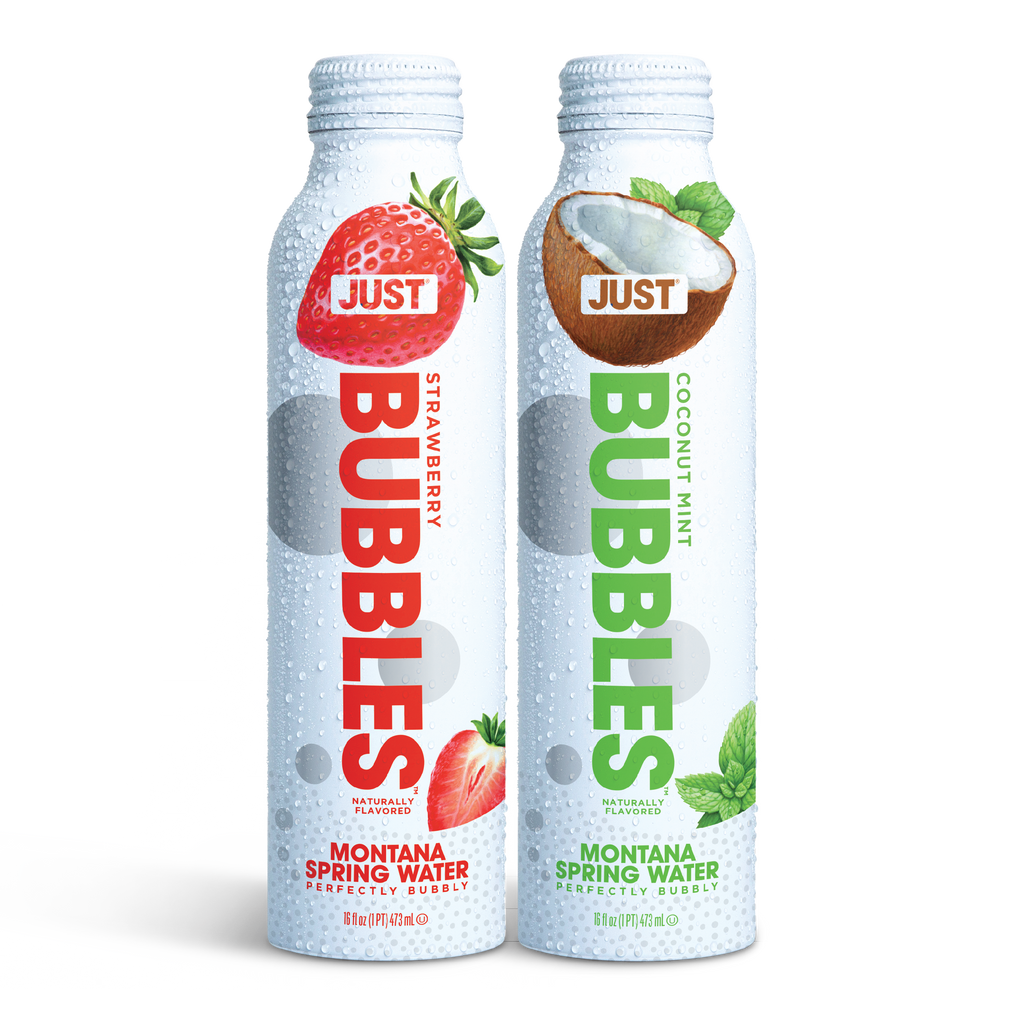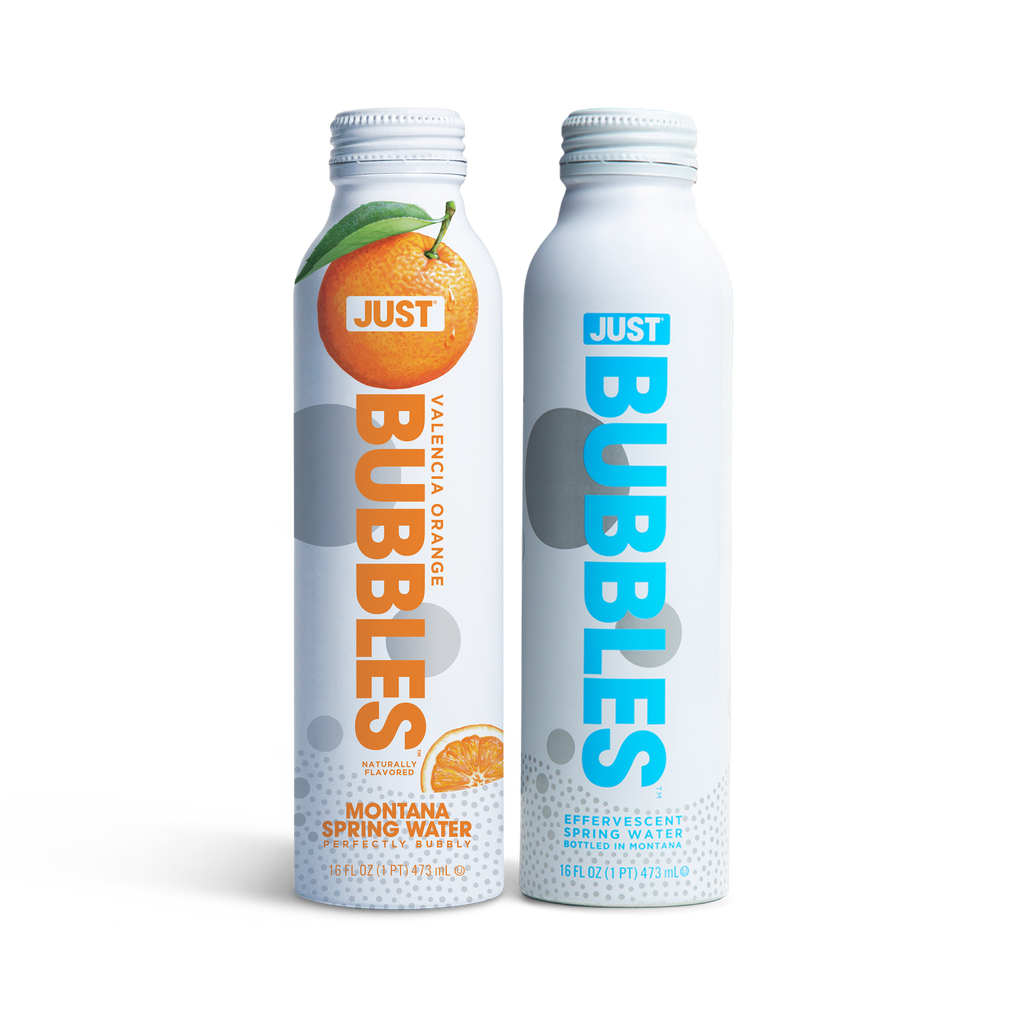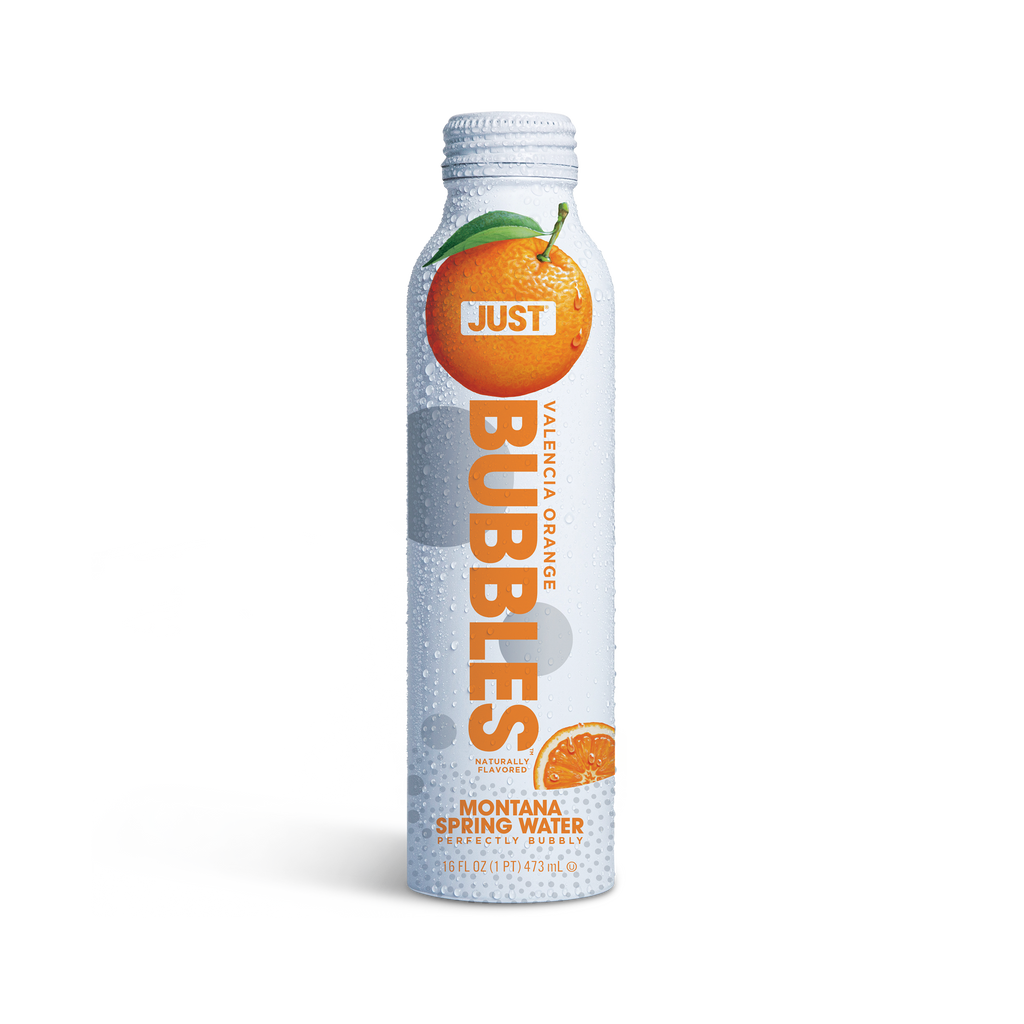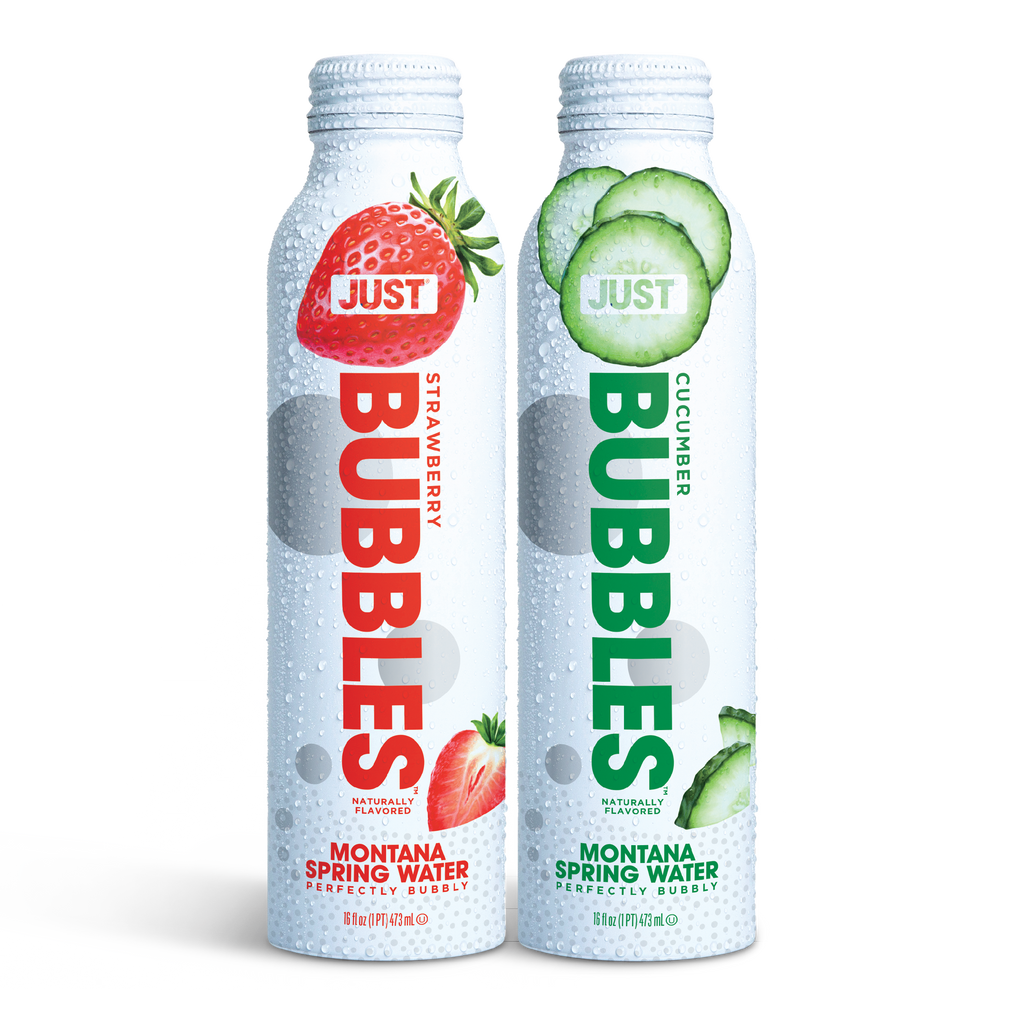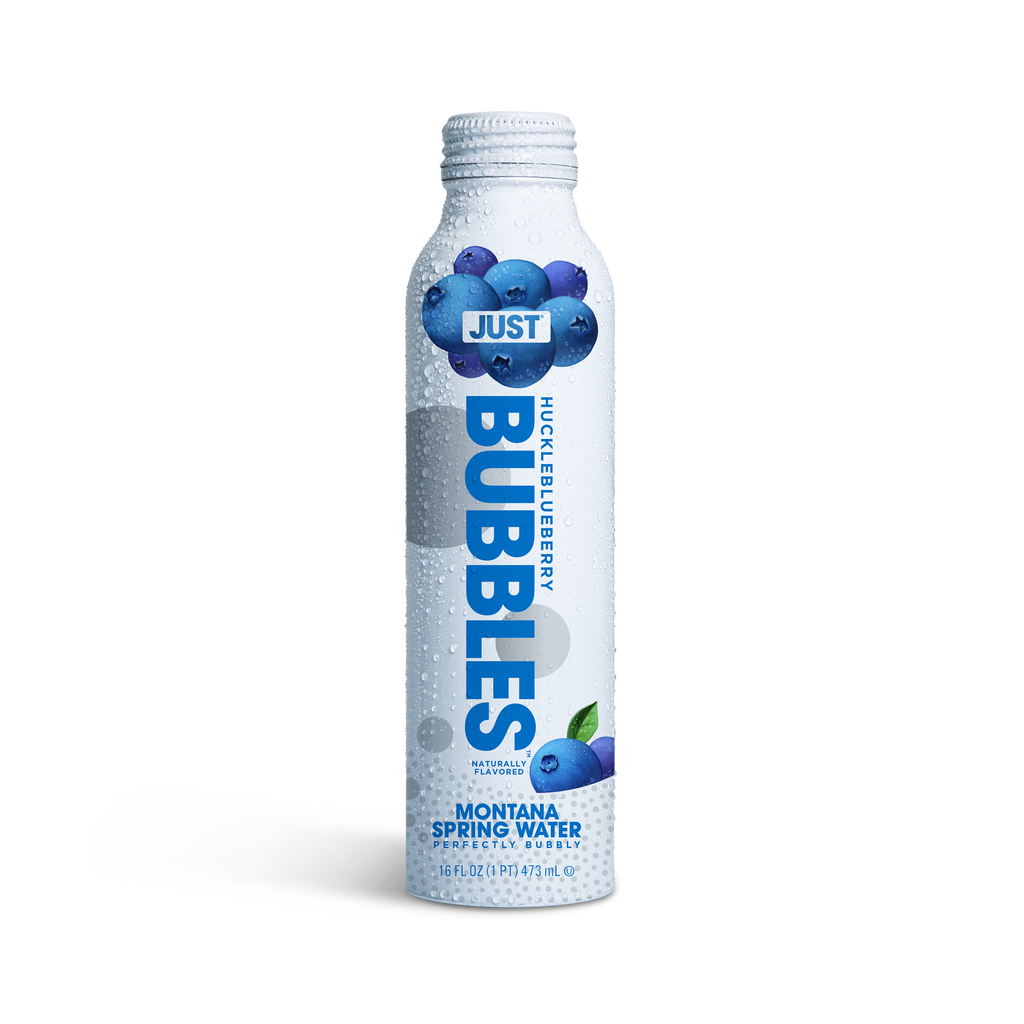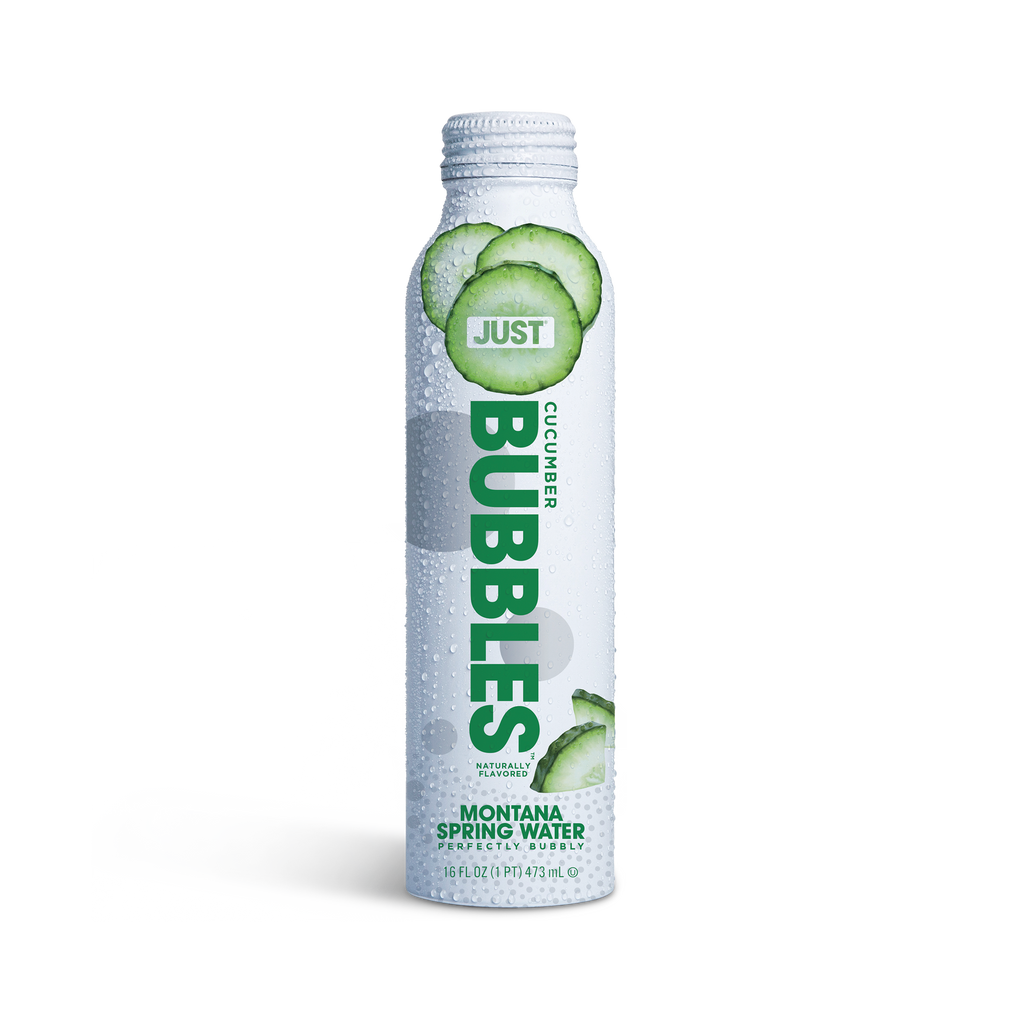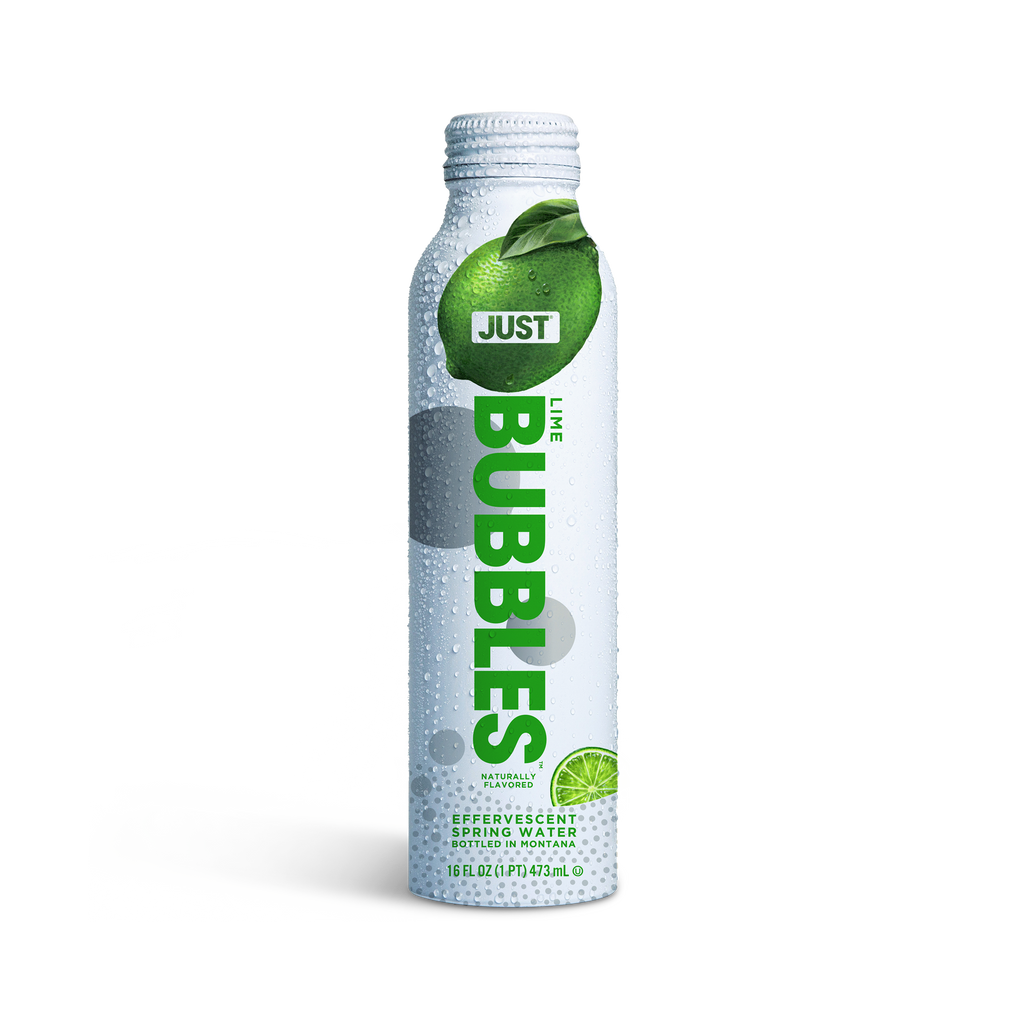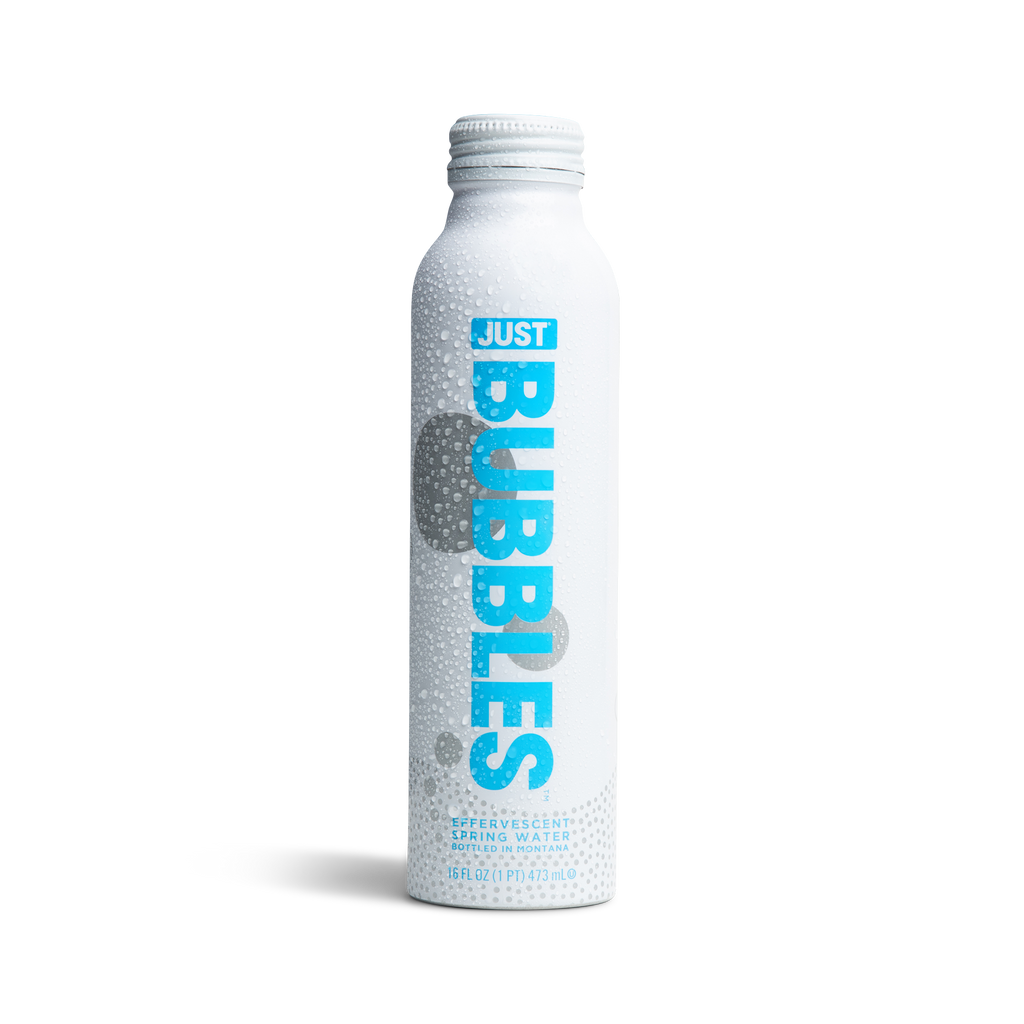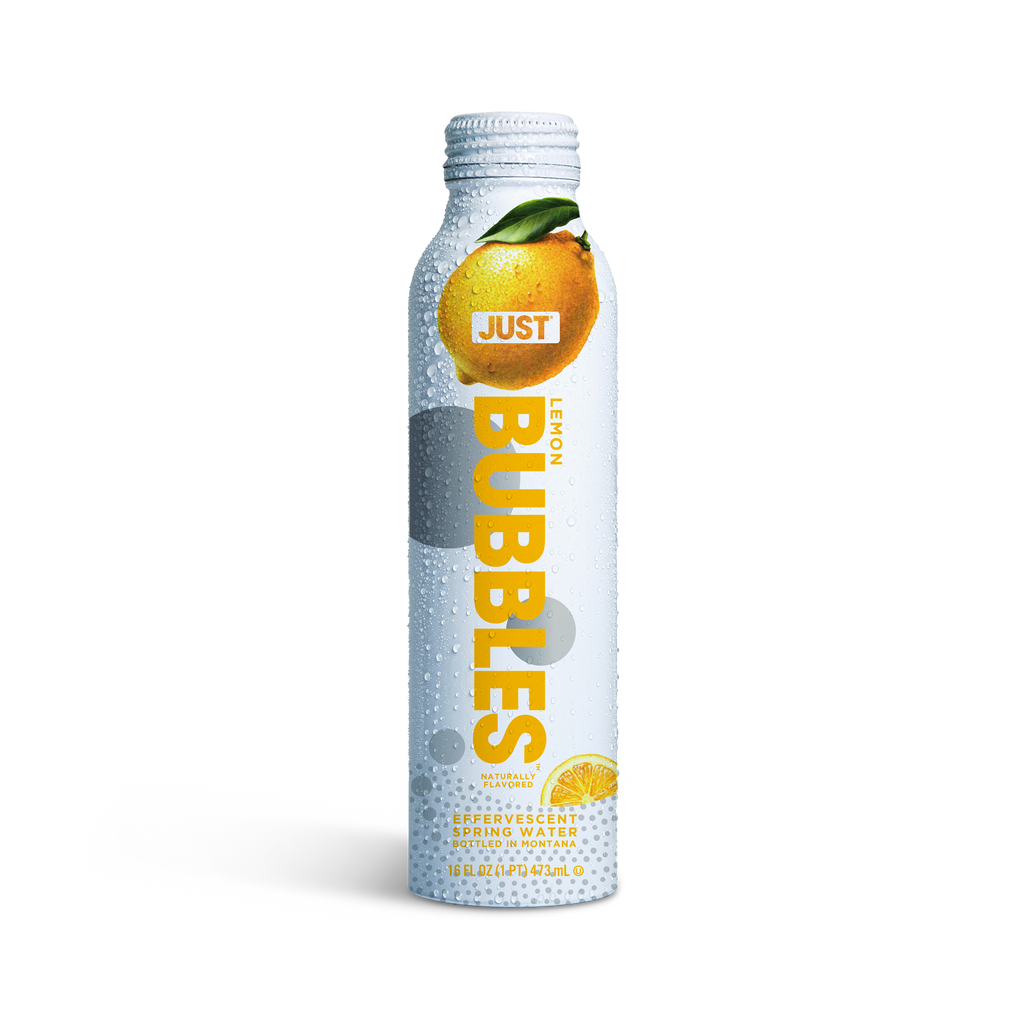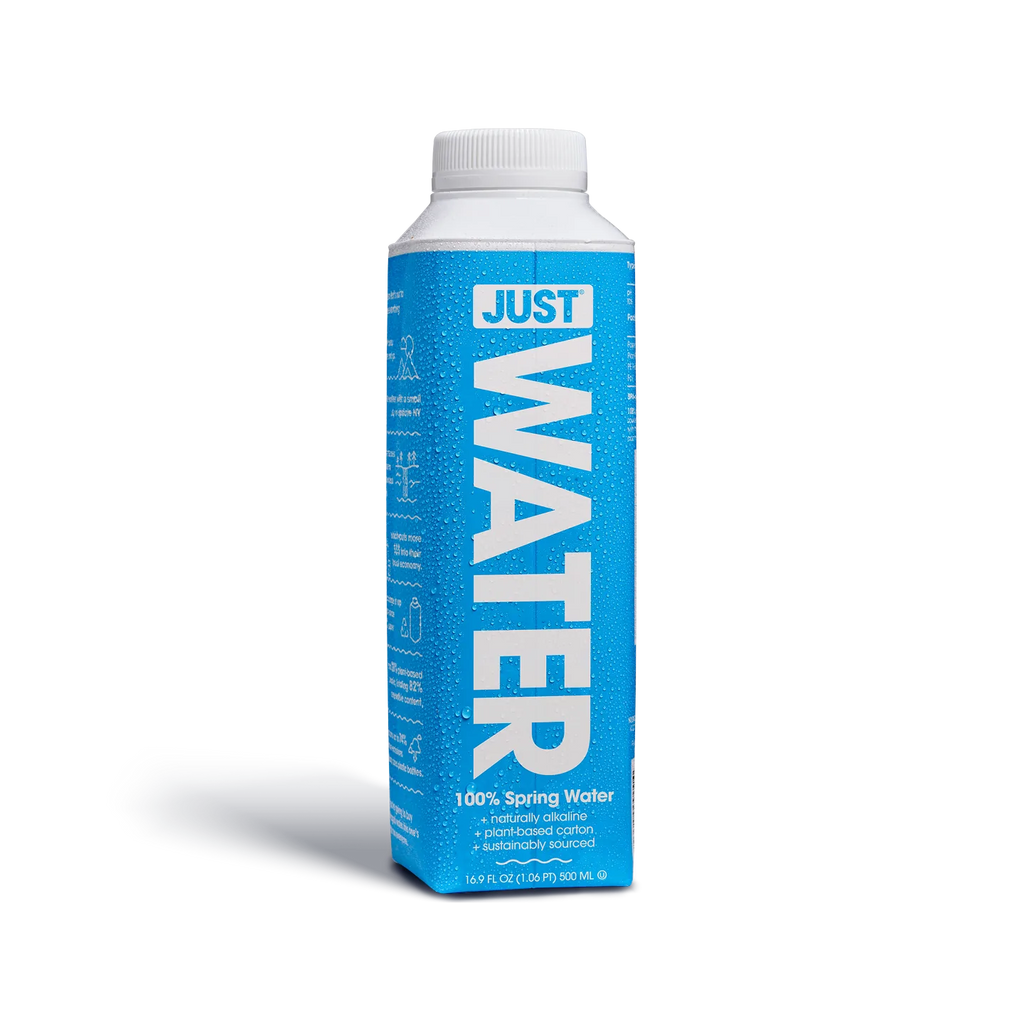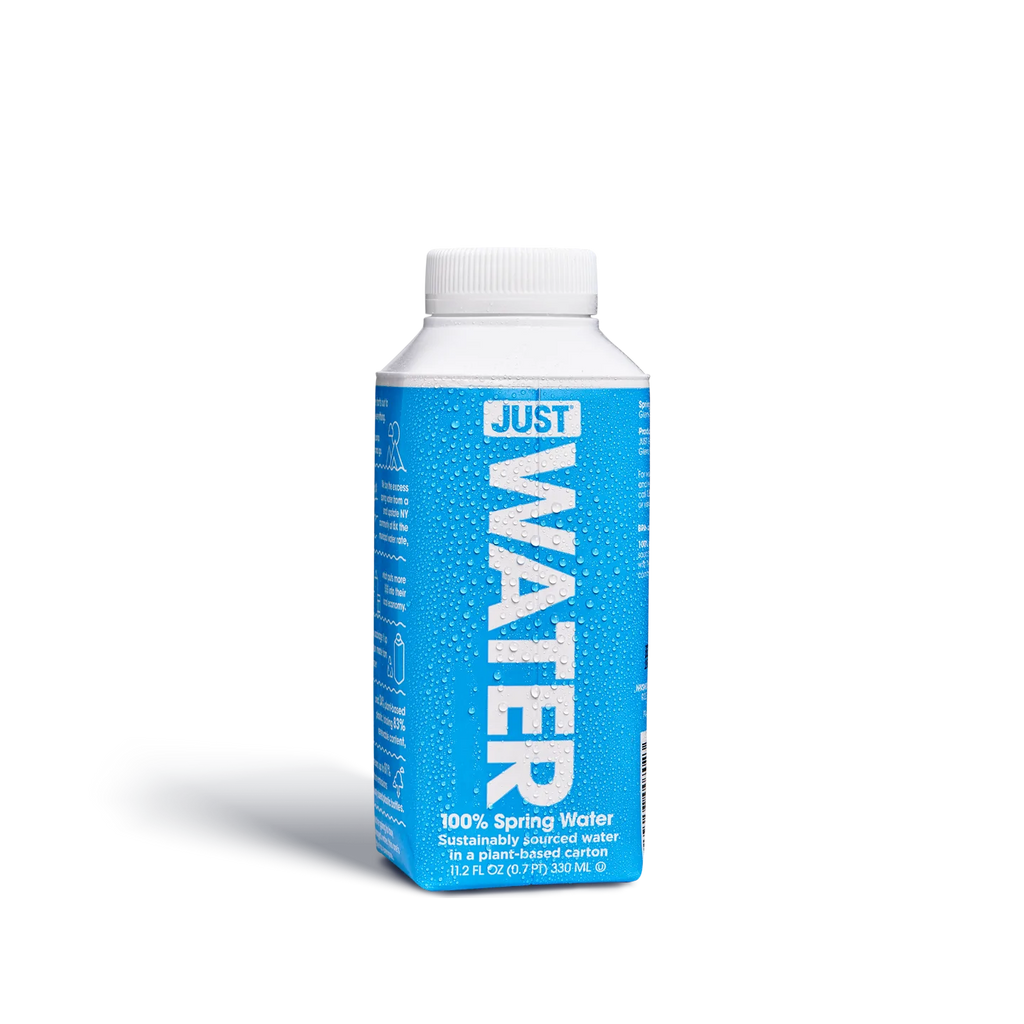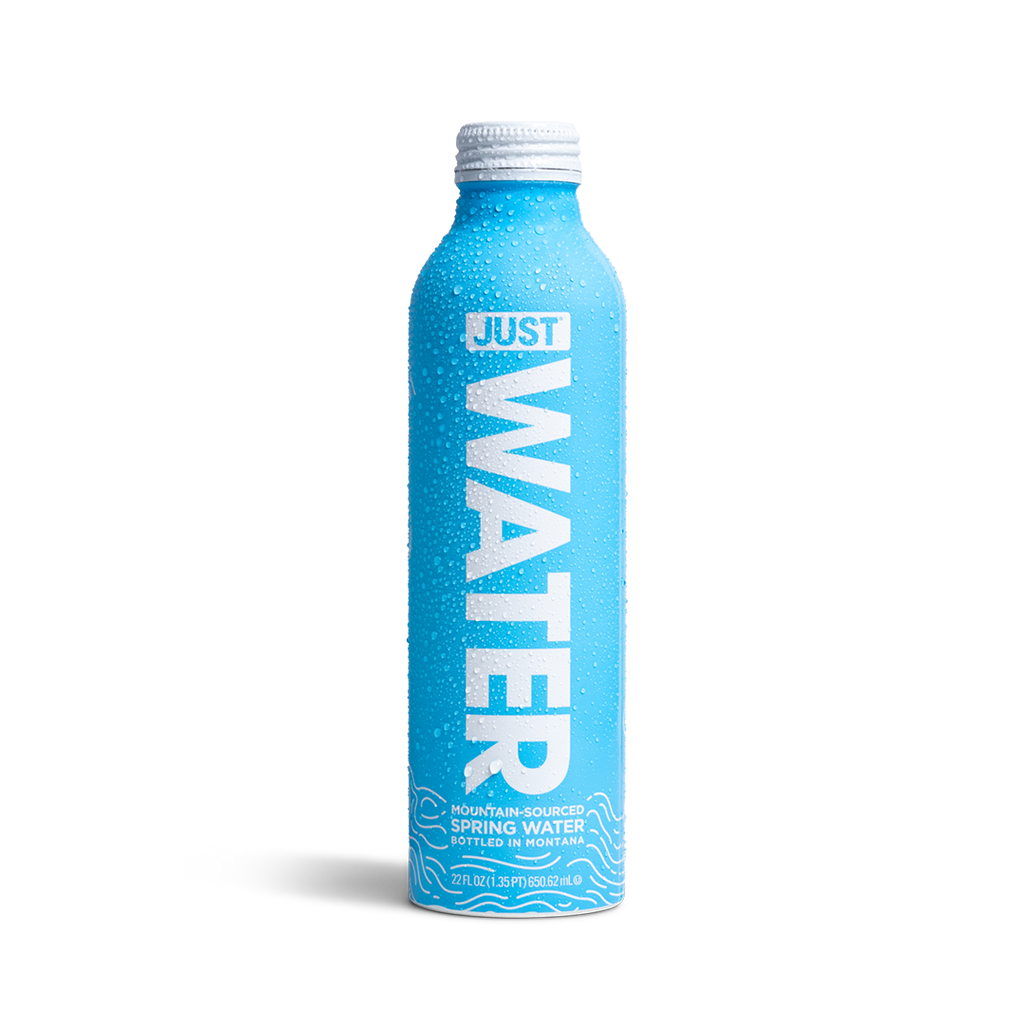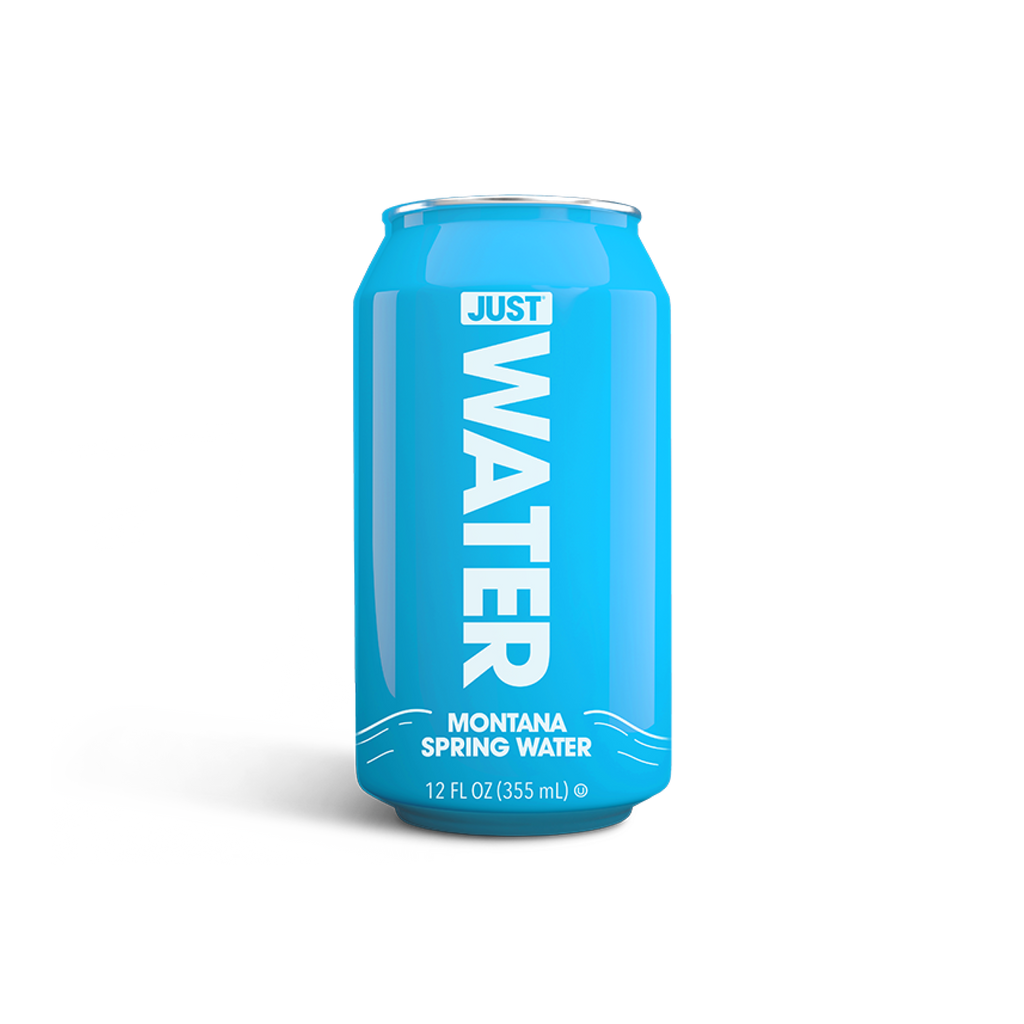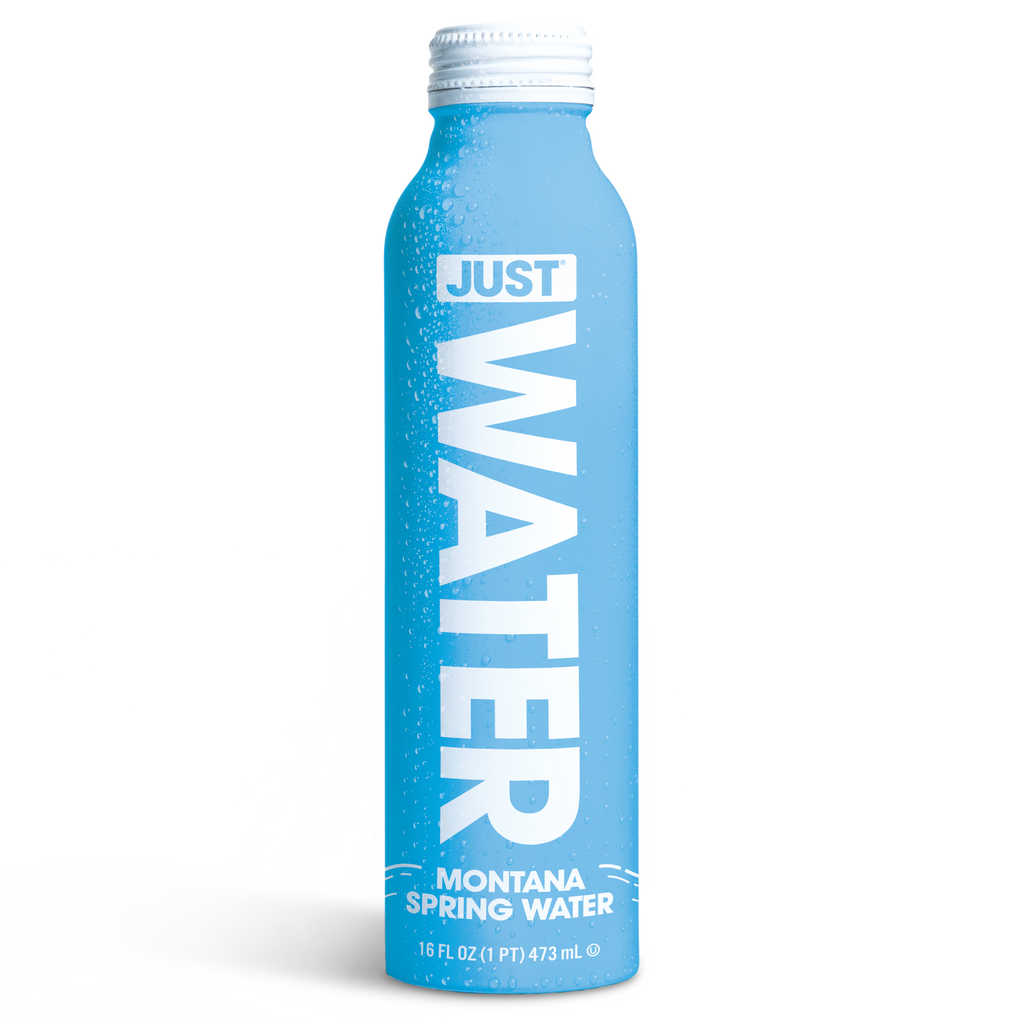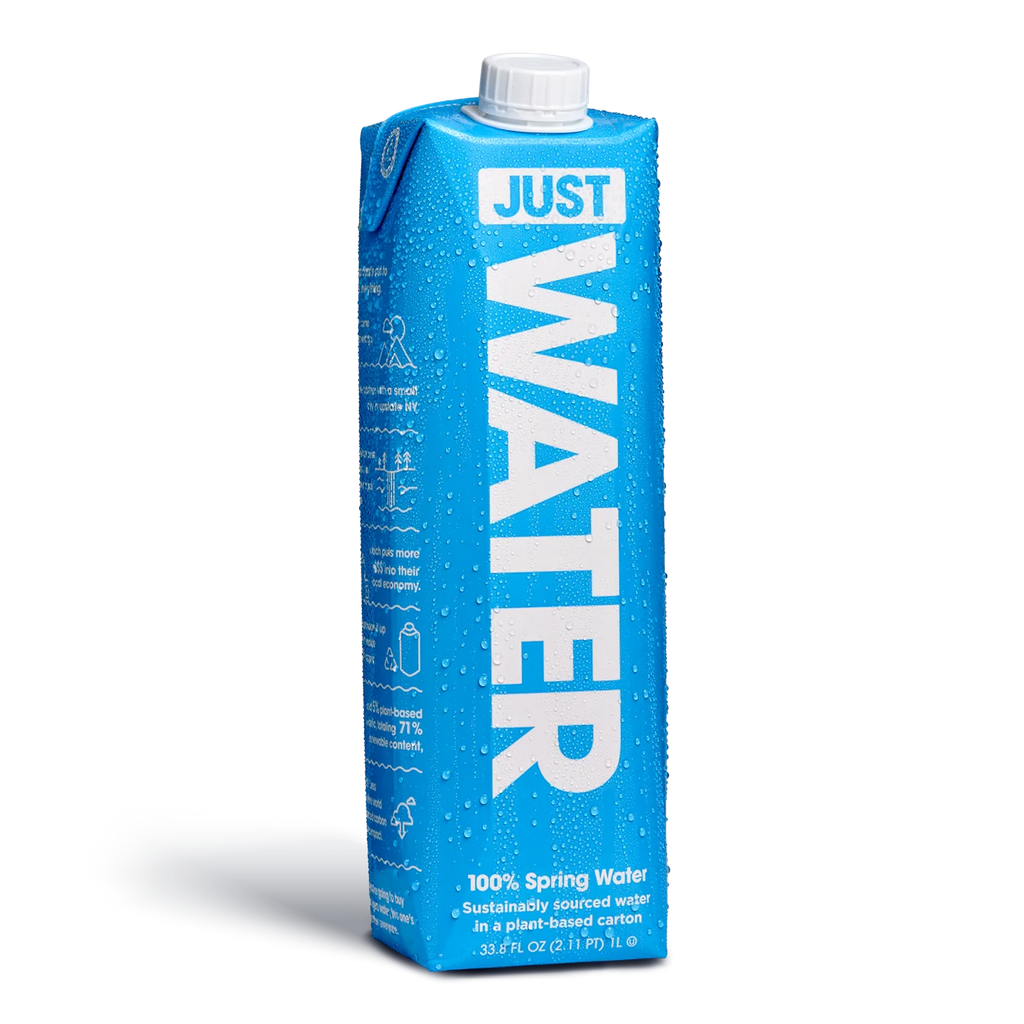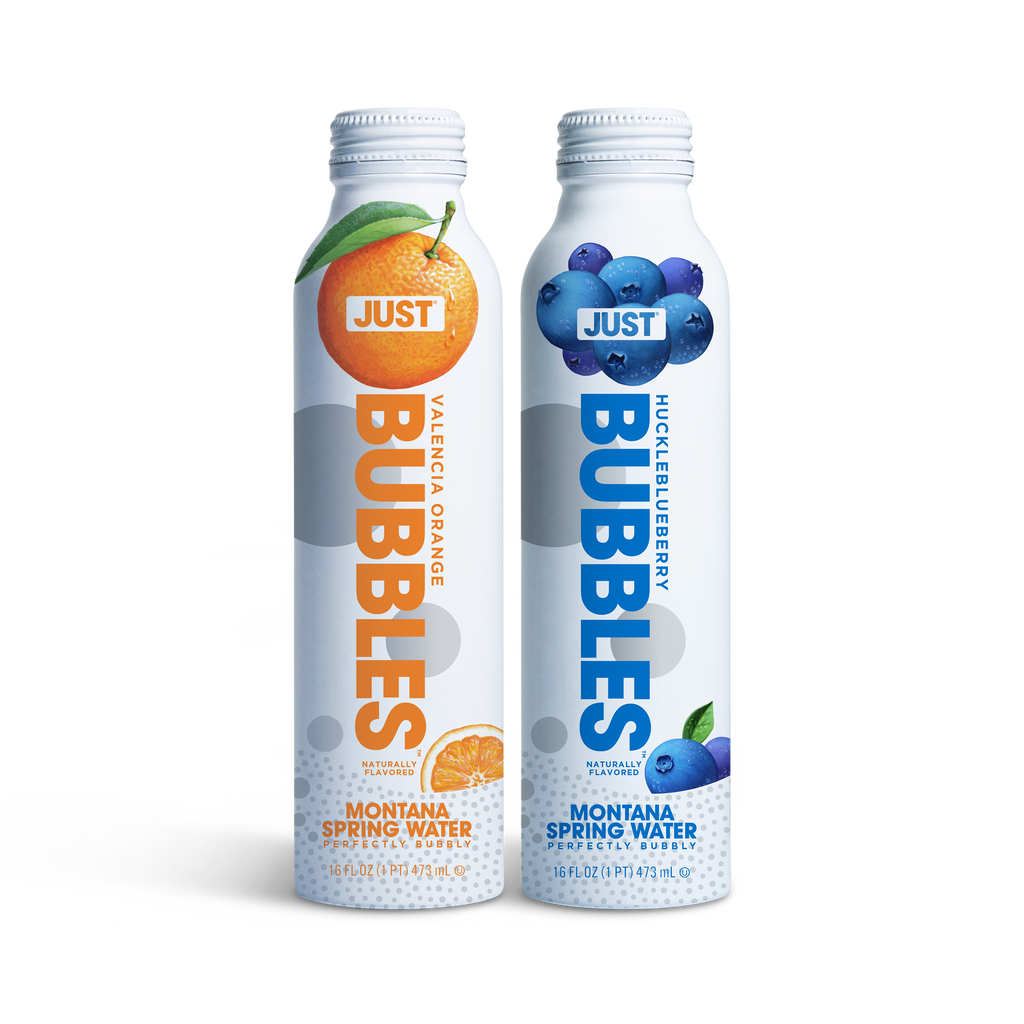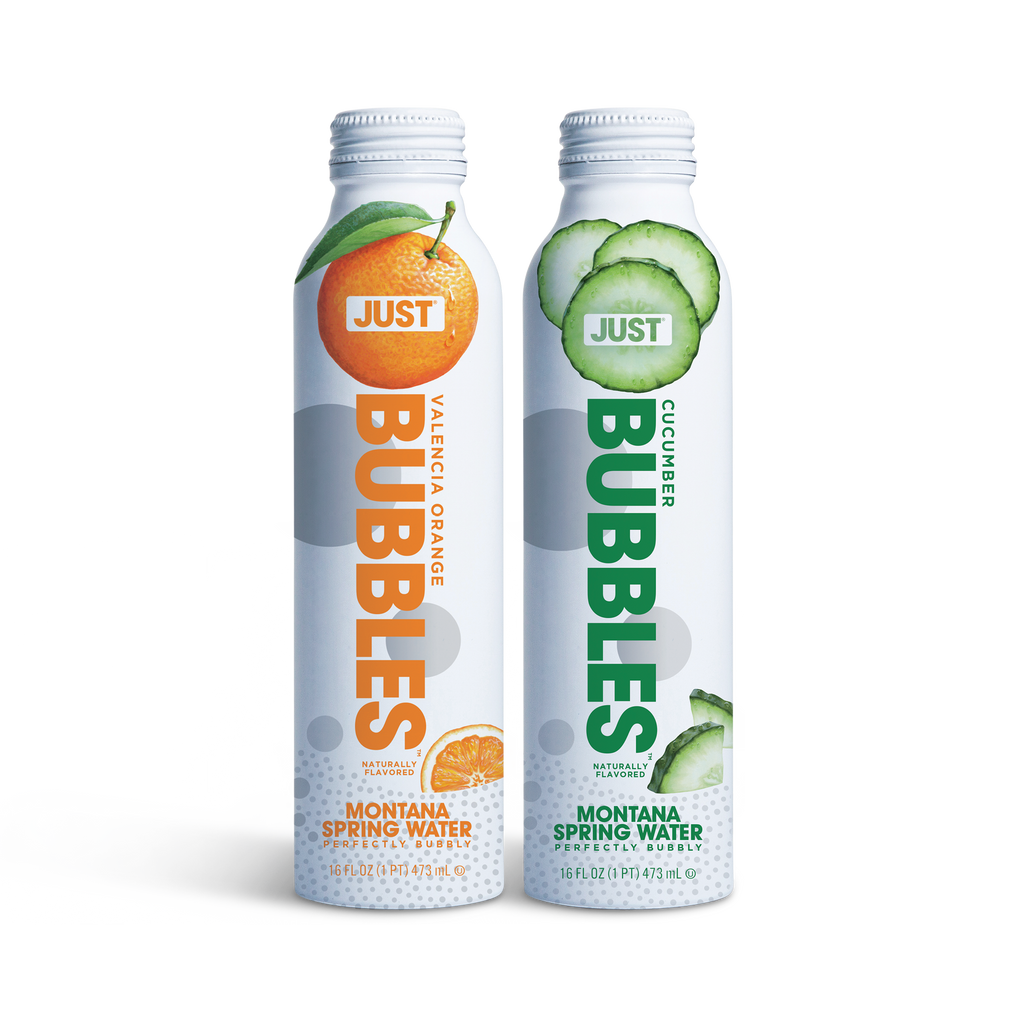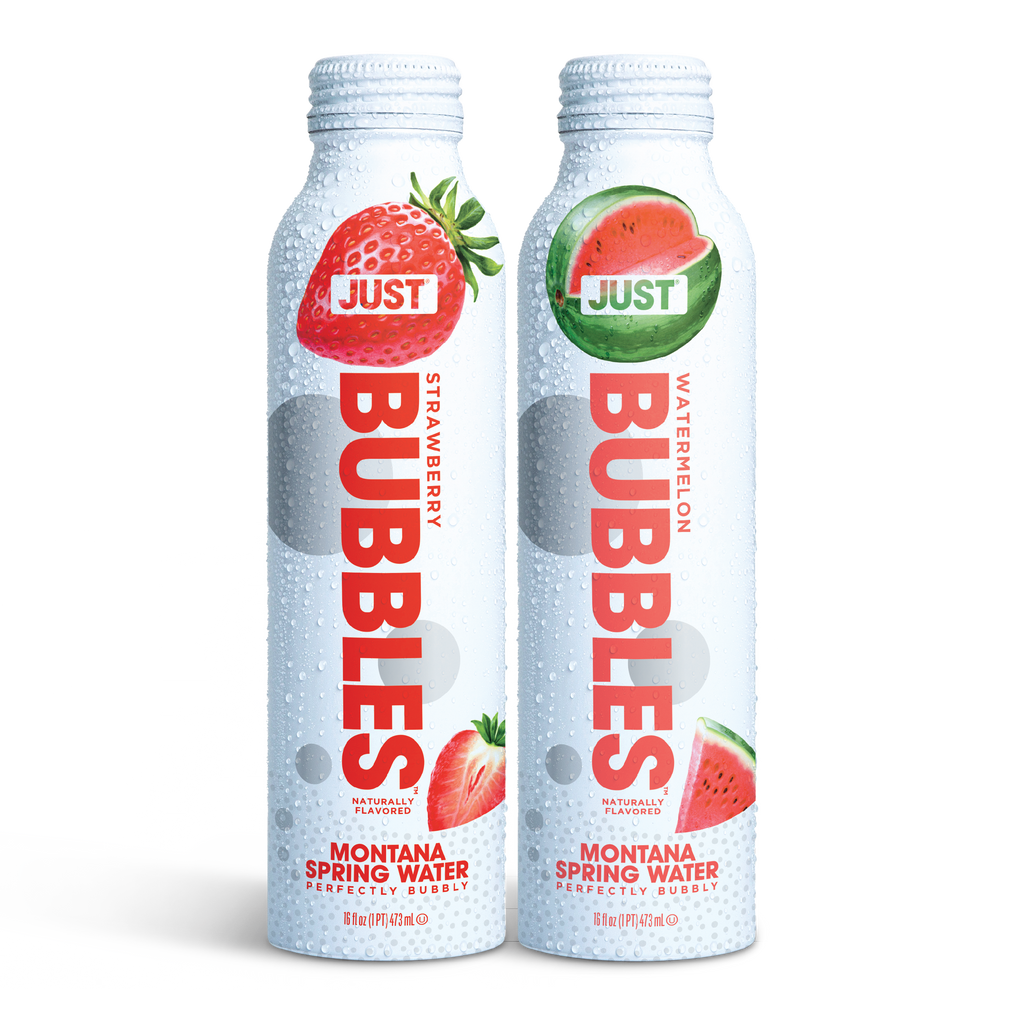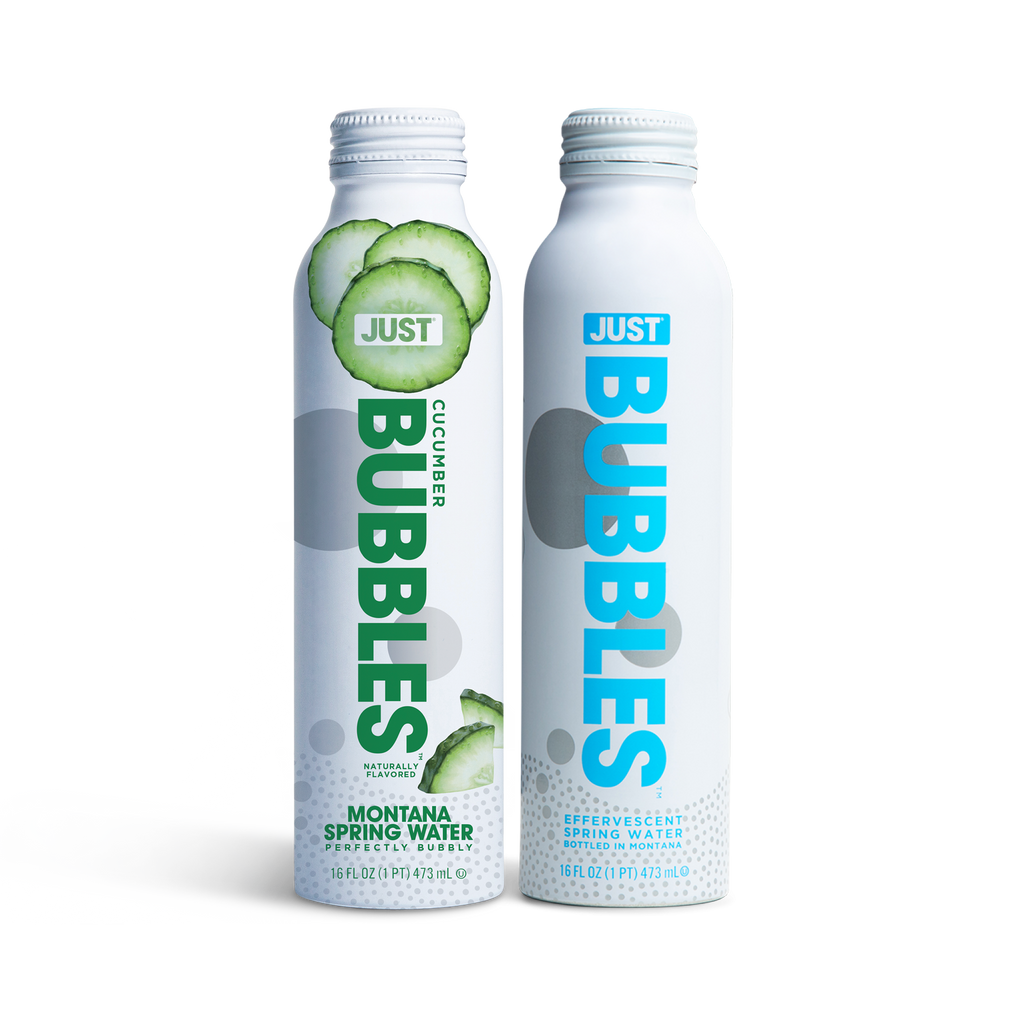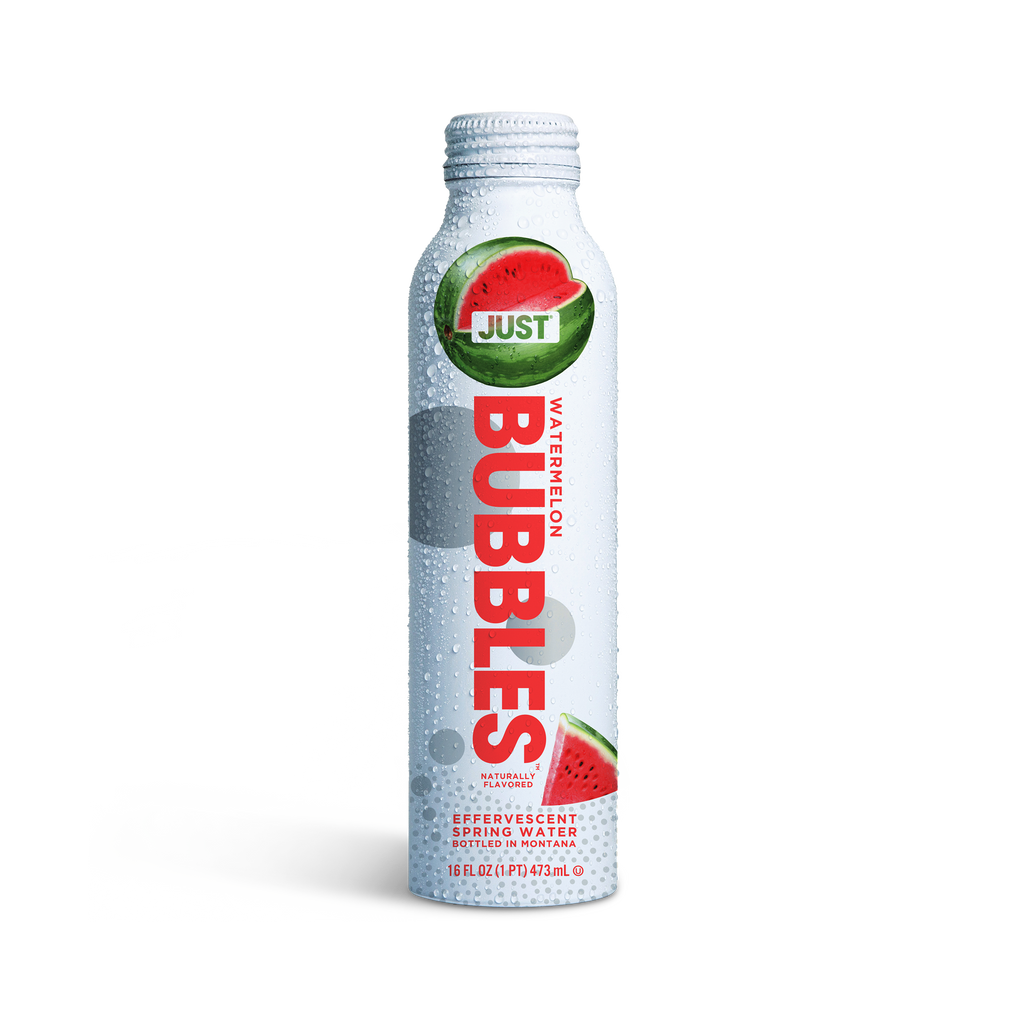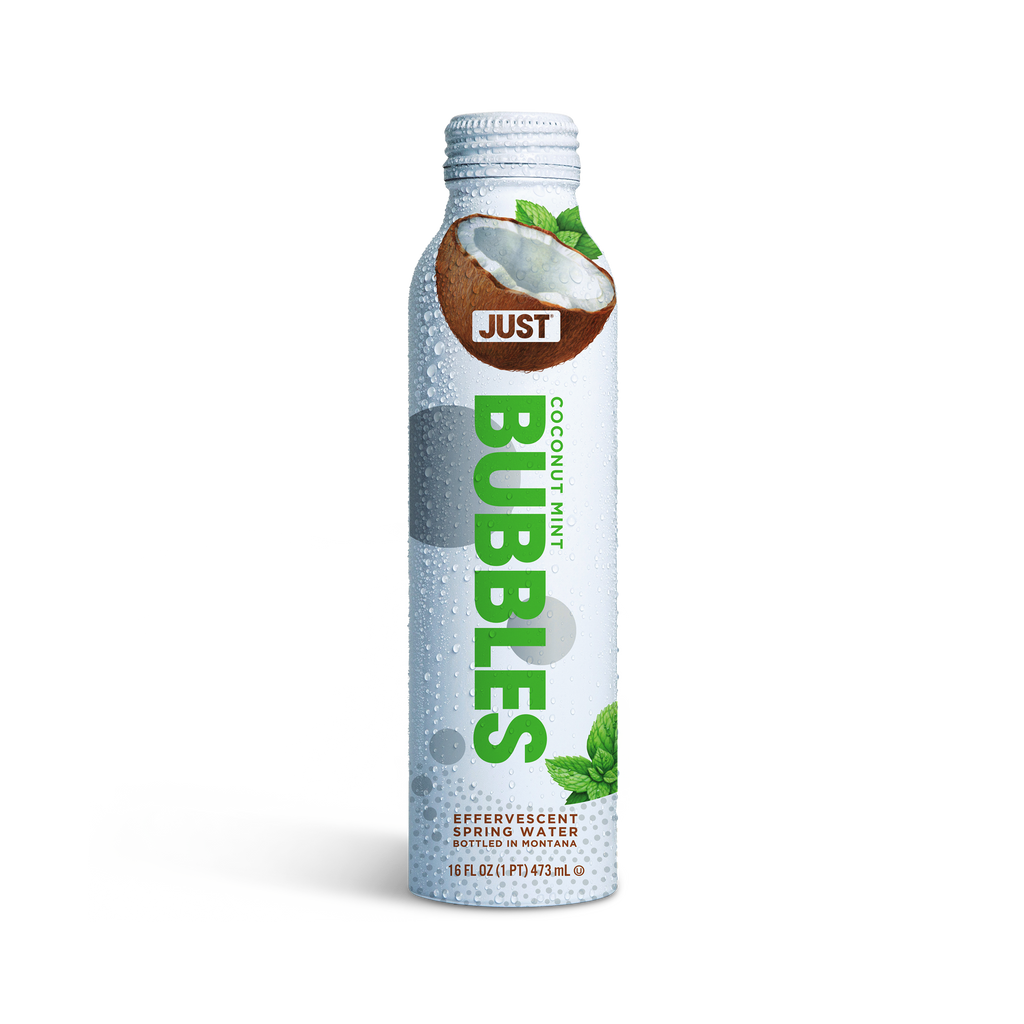BUH-BYE BLOAT: NATURAL REMEDIES TO RELIEVE BLOAT, INDIGESTION, AND CONSTIPATION
Written by Just Water
We've all experienced that uncomfortable feeling of bloating, indigestion, or constipation at some point in our lives. These digestive issues can disrupt our daily routines and leave us feeling less than our best. While there are medications and quick fixes available, opting for natural remedies can provide long-term relief and promote overall digestive health. In this article, we'll explore some natural ways to reduce bloat, indigestion, and constipation, helping you achieve a happier and healthier gut.
Hydrate, Hydrate, Hydrate!
One of the most common causes of digestive discomfort is dehydration. Insufficient water intake can slow down the digestive process, leading to constipation and bloating. Aim to drink at least 8 glasses of water a day, and consider sipping on herbal teas like ginger or peppermint, which can have soothing effects on the digestive system.
Sparkling water, especially mineral-rich varieties, can be another way to boost your hydration while simultaneously sticking it to a bloated belly. Bloating often occurs when excess gas accumulates in the digestive system, causing discomfort and a distended feeling. Mineral-rich sparkling water, sourced from natural springs, contains minerals like magnesium and bicarbonate, which can aid digestion and help alleviate bloating. The micro-bubbles in JUST Bubbles, for example, can gently help to allow trapped gas to escape from the stomach, providing relief from bloating. Additionally, the carbonation in sparkling water can encourage a sensation of fullness, reducing the likelihood of overeating or consuming gas-inducing foods, further contributing to a calmer, happier stomach. By opting for mineral-rich sparkling water as a hydrating beverage choice, individuals can enjoy a delicious and natural way to promote digestive comfort and reduce bloat.
Fiber-Rich Diet
A diet high in fiber is essential for maintaining regular bowel movements and preventing constipation. Include a variety of fruits, vegetables, whole grains, and legumes in your daily meals. Soluble fiber found in foods like oats, flaxseeds, and apples can help soften stool, while insoluble fiber from foods like bran and leafy greens adds bulk to your stool, aiding in regular bowel movements.
Probiotic Foods
Probiotics are beneficial bacteria that promote a healthy gut microbiome. Incorporate probiotic-rich foods like yogurt, kefir, sauerkraut, kimchi, and kombucha into your diet. These foods can help balance the gut flora and improve digestion. Alternatively, you can opt for probiotic supplements, but it's always best to consult with a healthcare professional before starting any new supplement regimen.
Mindful Eating
Chewing your food thoroughly and eating slowly can make a significant difference in your digestive health. When you eat too quickly or swallow large bites of food, you introduce excess air into your digestive system, leading to bloating. Mindful eating not only aids digestion but also helps you savor your meals and recognize when you're full, preventing overeating.
Herbal Remedies
Certain herbs and spices have been used for centuries to alleviate digestive discomfort. Ginger is well-known for its ability to soothe indigestion and reduce bloating. You can enjoy it in tea or add it to your meals. Peppermint is another herb that can ease indigestion and relax the muscles of the digestive tract. Chamomile tea is known for its calming effect on the digestive system.
Regular Exercise
Regular physical activity helps to stimulate the muscles in your intestines, promoting more efficient digestion. Aim for at least 30 minutes of moderate exercise most days of the week. Activities like brisk walking, jogging, or yoga can all help keep your digestive system moving smoothly.
Manage Stress
Believe it or not, stress can significantly impact your digestive health. Chronic stress can lead to gastrointestinal issues like indigestion and constipation. Practice stress-reduction techniques such as deep breathing, meditation, or yoga to help calm your mind and support your digestive system.
Avoid Trigger Foods
Pay attention to which foods trigger your digestive discomfort and consider eliminating or reducing them from your diet. Common culprits include dairy products, spicy foods, fried foods, and carbonated beverages. Keep a food diary to help identify your personal triggers.
JUST a Final Word
Achieving relief from bloat, indigestion, and constipation doesn't always require medication or extreme & potentially dangerous intervention (we’re looking at you ‘detox teas’). By making simple, natural lifestyle adjustments, you can support your digestive system and enjoy a healthier gut. Remember to stay hydrated, eat a fiber-rich diet, incorporate probiotic-rich foods, practice mindful eating, and explore herbal remedies. Additionally, regular exercise and stress management can play a crucial role in maintaining digestive health. If your symptoms persist or worsen, don't hesitate to consult with a healthcare professional for personalized guidance on your digestive issues. A happy and comfortable gut is within your reach with these natural approaches.
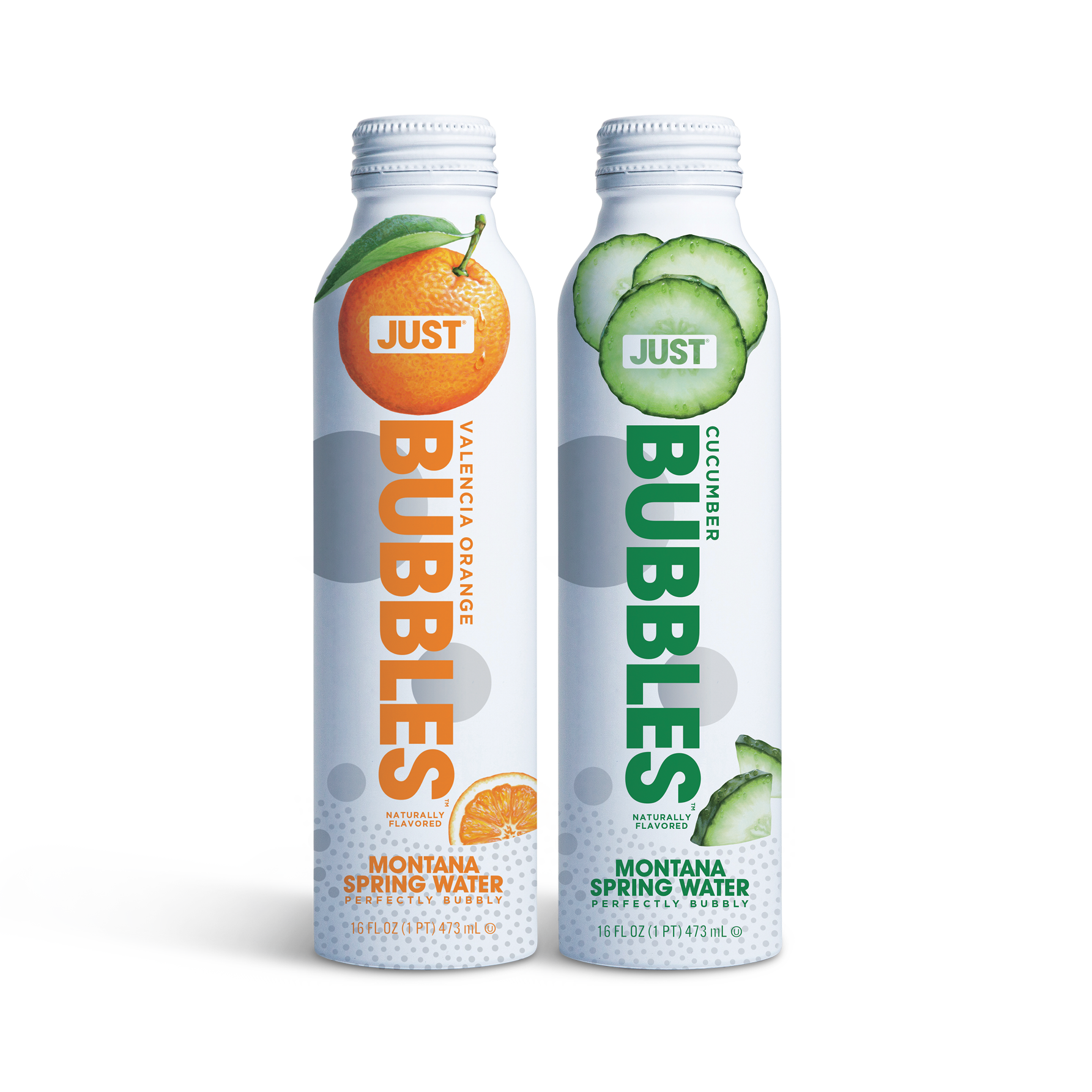
JUST WATER
Valencia Orange Bubbles & Cucumber Bubbles Bundle-- 16 fl oz | 24 Pack
